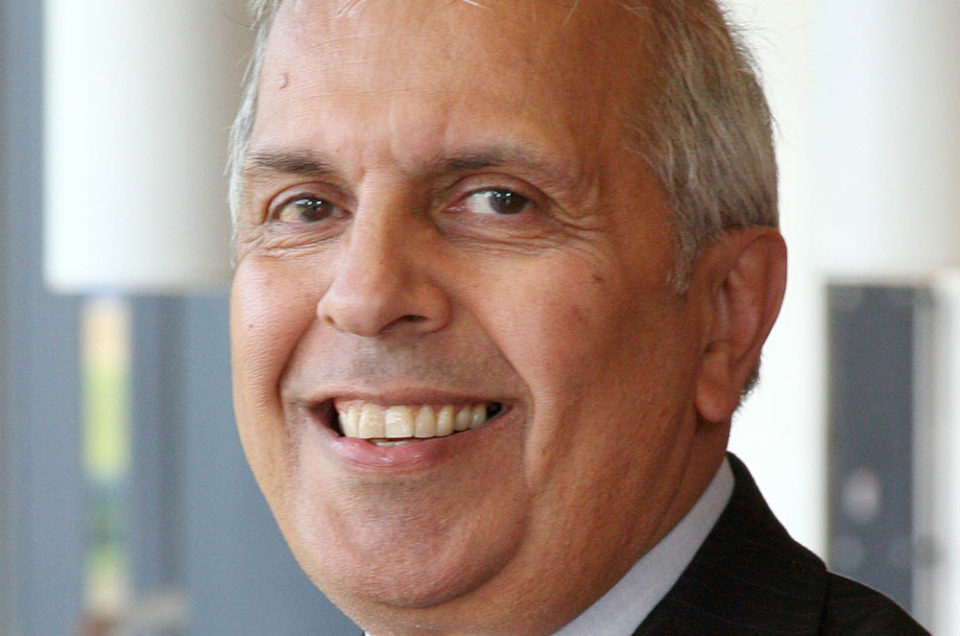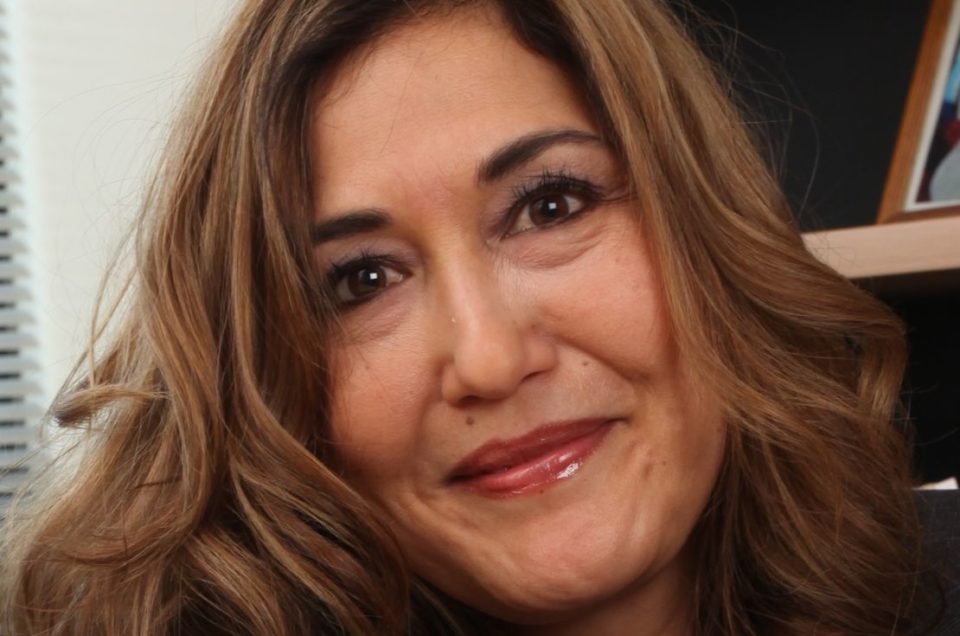Registration is now closed
CPA 2020 Virtual Conference
In view of the coronavirus pandemic, the 2020 Critical Perspectives on Accounting Conference will be held online. Hosted by the Schulich School of Business, at York University in Toronto, the conference features a much reduced number of papers, in order to keep things manageable and respect the energy levels of our community members at this time.
There will be three sessions each day, spread out to permit scholars from all over the world to participate in one or more of the sessions during waking hours. All sessions will be plenary, and will be moderated by a senior scholar.
| Vancouver | Toronto | Edinburgh | Paris | Abu Dhabi | Beijing | Tokyo | Sydney | Auckland | |
|---|---|---|---|---|---|---|---|---|---|
| A | 4:00 AM | 7:00 AM | Noon | 1:00 PM | 3:00 PM | 7:00 PM | 8:00 PM | 9:00 PM | 11:00 PM |
| B | 7:00 AM | 10:00 AM | 3:00 PM | 4:00 PM | 6:00 PM | 10:00 PM | 11:00 PM | Midnight* | 2:00 AM* |
| C | 3:00 PM | 6:00 PM | 11:00 PM | Midnight* | 2:00 AM* | 6:00 AM* | 7:00 AM* | 8:00 AM* | 10:00 AM* |
ESC
The Emerging Scholars Colloquium will also be moving online, at a different time. Invited participants have already been contacted and provided with details.
Technical Platform
We regard this year’s circumstances, as tragic as they have been for many of us, as an enforced opportunity to explore new models for academic conferences. Alternatives to traditional in-person conferences are needed, in any event, to reduce the carbon footprint of academic research.
At York University, we have found Zoom to be a stable and relatively user-friendly platform, and therefore we shall be adopting this. Zoom’s webinar capabilities allow us to host up to 500 active participants, with an unlimited number of passive viewers on a YouTube live feed. A recording of the session will also be available for viewers who missed the live session.
Within Zoom, it is easy for speakers to share their screens and deliver a slide presentation. Zoom is a very accessible platform, with video captioning and chat windows for those who have hearing and speaking impairments. Zoom allows various means for participant involvement, such as a chat window that will be monitored by assistants to the moderator, permitting an effective Q&A session.
No-Fee Registration
While anyone will be able to view the live feed on YouTube, scholars who wish to participate in the active Zoom session will need to register in advance.
Registration is open now, at www.cpa2020.ca. To enable our technical staff to set up the online conference properly, the registration deadline is June 30th.
In the spirit of inclusion, we have decided not to charge a fee for this conference. Besides the fact that we will not incur food and facilities costs, it appears that some universities have frozen research funds. By waiving all fees, we hope that the CPA 2020 Conference will help to integrate community members from regions outside our normal geographical range.
Online Security
For security purposes, the password-protected link to each live session will be emailed to registered participants before the session begins. Once the session has started, Zoom’s “waiting room” feature will be implemented to prevent direct access from unwelcome visitors. Registered participants joining late will be admitted manually at that time.
Unregistered viewers will have direct access to the live YouTube feed, but will not be able to interact with conference participants.
Keynote Presentations
There will be three keynote sessions, one on each full day of the conference. Our esteemed keynote speakers will be Susanne Soederberg, Prem Sikka, and Jamie Peck. Details about each speaker can be found on the conference website, www.cpa2020.ca.
Our keynote speakers will be introduced by senior members of our critical accounting community.
Research Presentations
There will be six research presentation sessions during the conference, each featuring two papers. The twelve papers have been carefully selected to showcase a broad range of topics and a diversity of authors. Discussants have been selected on the basis of their specific areas of expertise.
Each research presentation session will be hosted by a senior scholar, assisted by multiple members of our community who will monitor the chat window and the active participants during the Q&A part of the session.
Each session will last 90 minutes, allowing 45 minutes per paper. Each paper will be presented by a discussant (15-20 min), with a response from the author (10 min), followed by a general discussion (15-20 min). Only registered conference participants will be able to take part in the discussion, so please register in advance.
Breakout Sessions for Socializing and Smaller Discussions
After each keynote session and research presentation session, those who wish to connect informally with other participants can remain online. Those who do will be divided into small breakout rooms of about half a dozen people. This will permit people who have not seen each other in some time to catch up, and will allow everyone to meet new scholars from around the world.
Breakout sessions can be as social or as research focused as participants wish. Breakout rooms will be closed by the technicians after an hour, to allow the organizers to prepare for the next session.
Town Hall
On the final day of the conference, July 9, there will be a plenary town hall meeting for all registered participants. In the spirit of union meetings, this will allow registered conference participants to raise issues of general interest to the critical accounting movement.
Possible topics include the future of academic research after the pandemic, the role of critical accounting research in a time of rising racism and fascism, the expansion of the critical accounting community into the Global South, and urgent priorities in critical environmental accounting research.
Day 1 - Monday, July 6
All sessions are 90 minutes long
Day 2 - Tuesday, July 7
All sessions are 90 minutes long
Day 3 - Wednesday, July 8
All sessions are 90 minutes long
Day 4 - Thursday, July 9
All sessions are 90 minutes long






